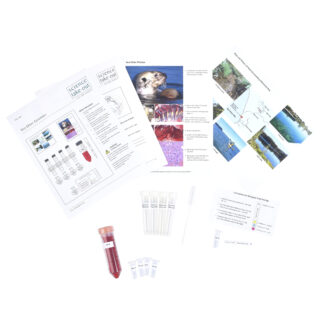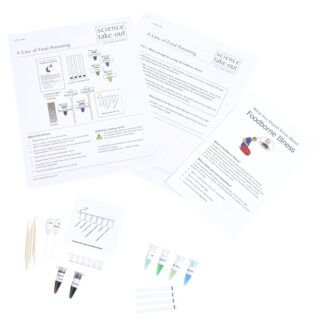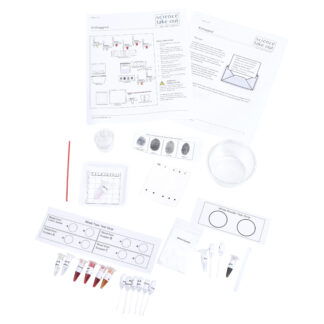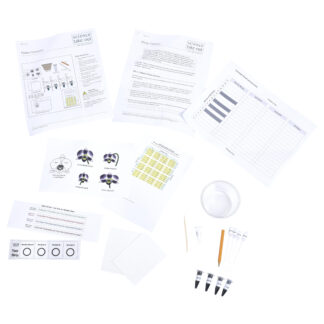About Forensics
Forensics and forensic science is all about applying science to criminal or mysterious cases in an effort to investigate the cause of the present outcome. Forensic scientists will often collect, preserve, and analyze evidence – performing analysis to come to conclusions. Forensics can be divided into many subcategories, including art forensics, comparative forensics, criminalistics, forensic botany, forensic chemistry, and many more.
Forensics can be applied to a wide variety of areas, including the banking sectors, academia, and government. By practicing forensics, we’ve discovered the origins of death from disease or other means, learned more about toxicology and its effects, and have even been able to study ballistics and use it to bring criminals to justice. In fact, the now-famous practice of fingerprinting and collecting DNA at crime scenes all started thanks to forensic science.
Forensics in the Classroom
A practical application of forensics is something that we hope never needs to be applied to a classroom setting, especially given the implication that some sort of crime has been committed. But, the need for forensics science can be simulated, allowing students to solve crimes from the safety of the classroom. Science Take-Out makes it easy for students to engage in hands-on, minds-on learning with forensic science workshops and kits. Through the use of modeling and simulations, students are able to create representations of real-life activities to come to their own forensic conclusions. From studying genetic forensics to working through a kidnapping scenario, Science Take-Out allows students to apply scientific principles – and have fun doing it! Science Take-Out’s forensic science workshops are the easiest way to introduce high school, middle school, and even elementary students to exciting new science topics in a way that is engaging and effective.
Science Take-Out kits also relate closely to Next Generation Science Standards, allowing educators to be sure that they are delivering on science and engineering practices, disciplinary core ideas, and cross cutting concepts. Students are able to learn about analyzing and interpreting data, grow their knowledge on the inheritance of traits, and enhance their pattern recognition skills with Science Take-Out’s engaging forensic science workshops.



